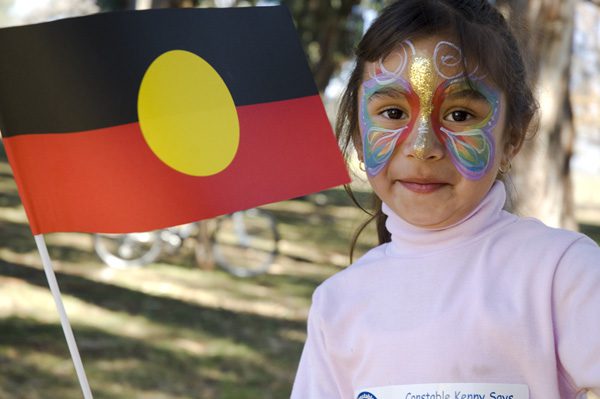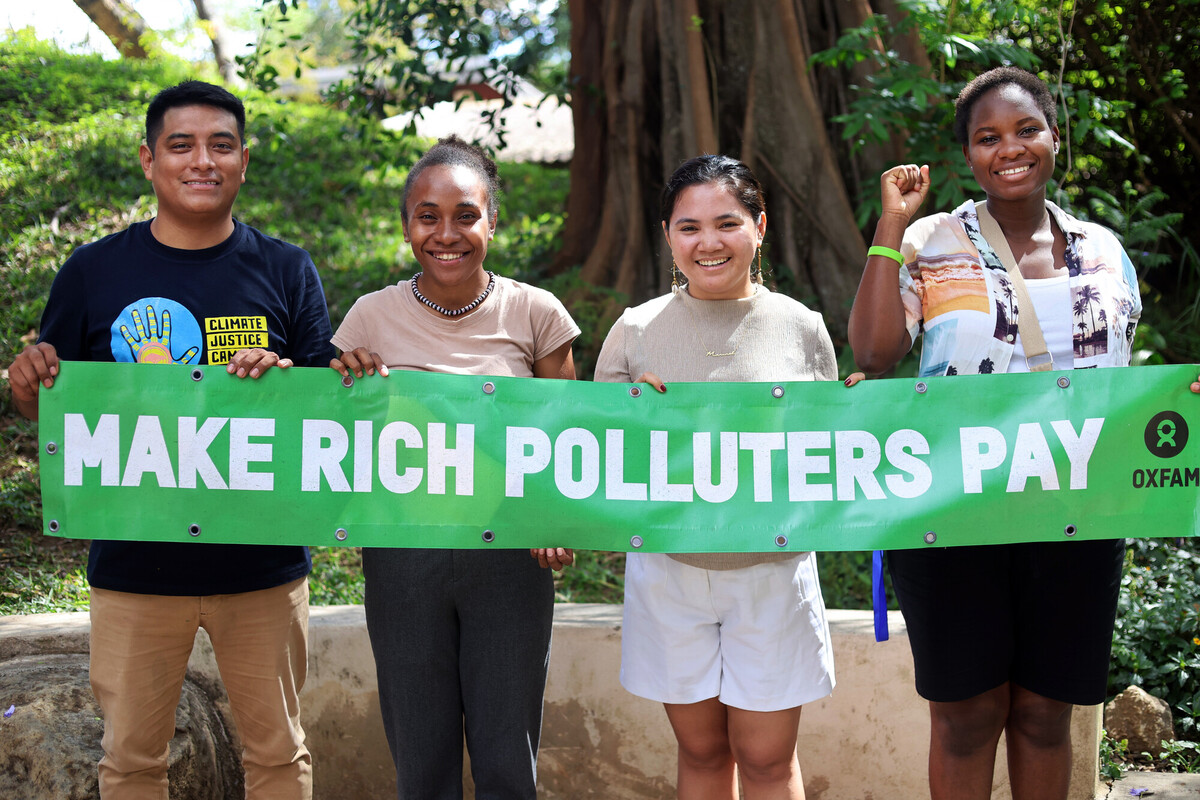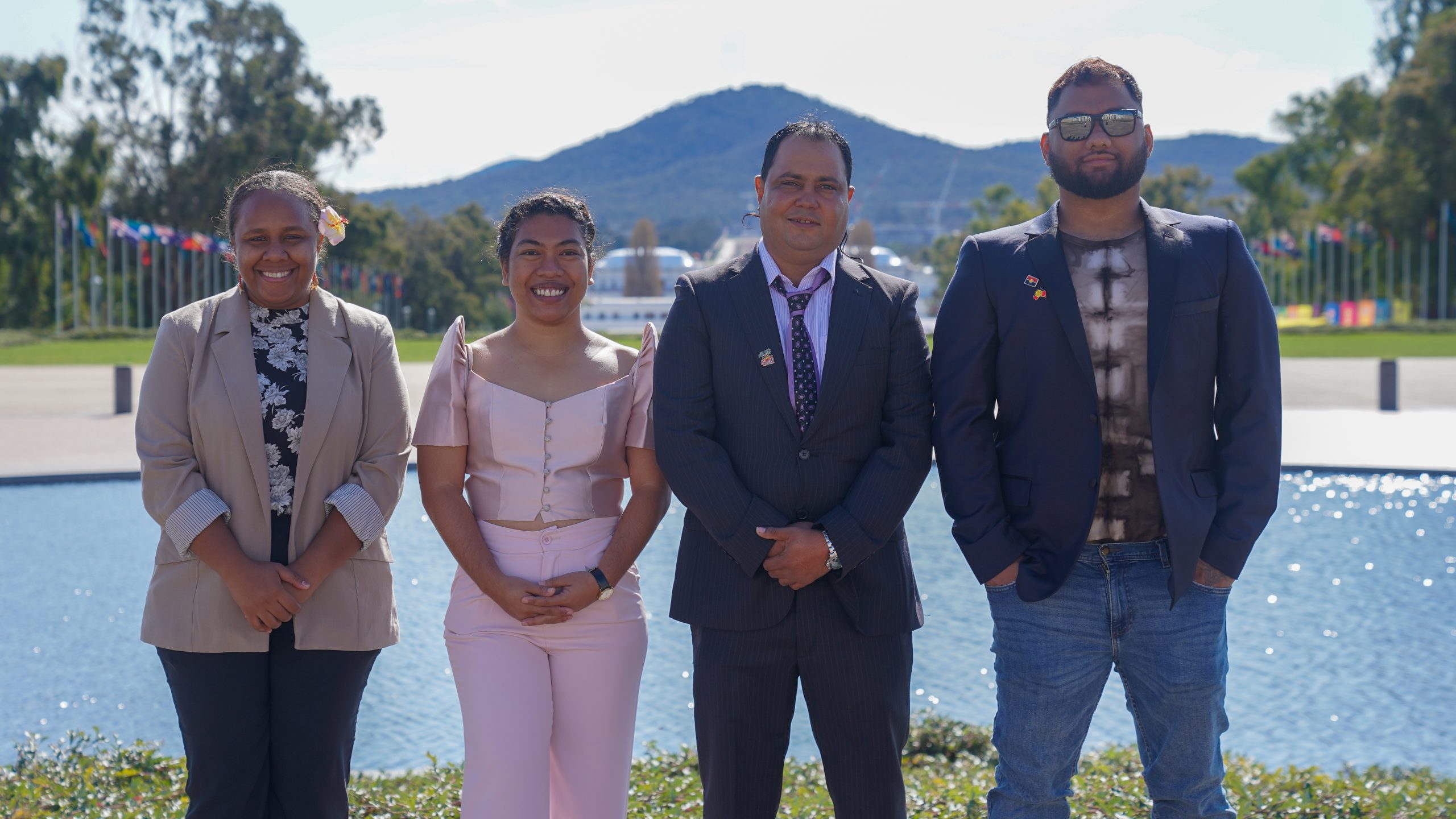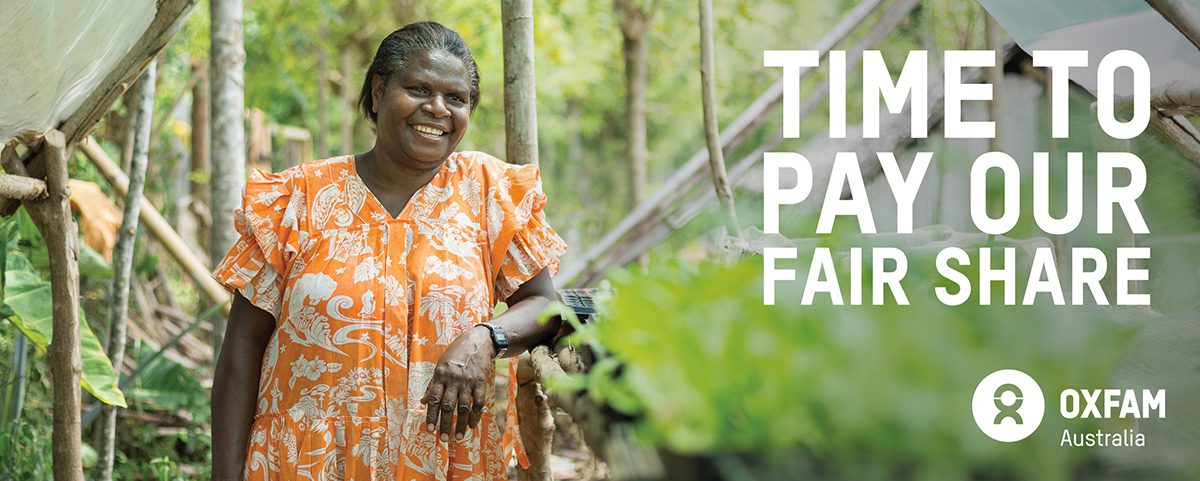by Oxfam intern Jarrod Strauch
On 27 January 1972, at just shy of one in the morning, four young Aboriginal men planted a beach umbrella on the lawn in front of Parliament House.
They were there in response to Prime Minister William McMahon’s newly-announced policy on Aboriginal land rights – a policy which announced that while the government “fully [understood] the desire of the Aboriginal people to have their affinity with the land with which they have been associated recognised by law”, they would only act on this by giving them the “opportunity of obtaining appropriate title” as long as they could prove they would use it to the government’s standards.
Billy Craigie, Tony Coorey, Michael Anderson and Bert Williams – joined later by other activists from all around Australia – were there to protest the idea that the land that had been taken from their people was going to be leased back to them, piece by piece, as long as the government thought it was going to be worth their while.
Forty years on, National NAIDOC Week 2012 (1–8 July) is celebrating the spirit of the Tent Embassy that these men created. It remembers their drive to challenge how Australians looked at the issue of Aboriginal land rights, as well as how Australian law and policy incorporated the history and culture of Australia’s Indigenous people.
The embassy has become a powerful symbol of unity for Australia and a symbol of hope for the rights of Aboriginal and Torres Strait Islander peoples, and to move forward, we must acknowledge the efforts of our forebears in the struggle for equal rights and self-determination.
With its origins in the Day of Mourning march on Australia Day 1938, NAIDOC Week is a celebration of the history, culture and achievements of Aboriginal and Torres Street Islander peoples. Events are held throughout the week around Australia for not only people in Indigenous communities, but Australians from all walks of life to take part in the celebrations.
What you can do:
- Find a NAIDOC Week event in your city
- Find out more about Oxfam’s work in the health and wellbeing of Aboriginal and Torres Strait Islander peoples
- Get involved in the national conversation about recognising Aboriginal and Torres Strait Islander People in the Australian Constitution
- Read more about NAIDOC Week



